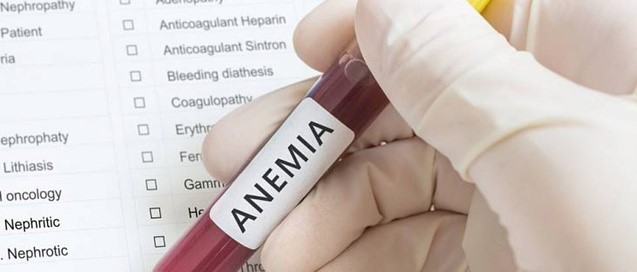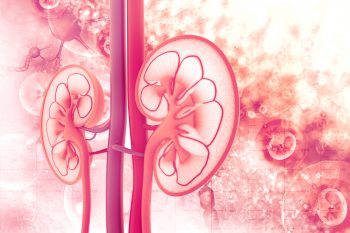
Kidney Week 2020
Masatoshi Nishimoto, MD, and colleagues in Nara Prefecture, Japan, conducted a retrospective cohort study designed to examine whether acute kidney injury (AKI) is an independent predictor of anemia and whether anemia following AKI is a mediator of mortality after AKI. Results of the study were reported during a virtual poster session at ASN Kidney Week 2020 in a poster titled Anemia Following AKI after Non-Cardiac Surgery and Long-Term Outcomes: The NARA-AKI Cohort Study.
The study cohort included adult patients who underwent non-cardiac surgery from 2007 to 2011. Exclusion criteria were having undergone obstetric or urological surgery, missing data from analyses, or preoperative dialysis. Follow-up continued until December 2015 or to loss to follow-up.
The exposure of interest was postoperative AKI, defined by Kidney Disease: Improving Global Outcomes criteria. The outcomes of interest were hematocrit values measured at 3, 6, and 12 months following surgery and mortality. The outcomes were assessed using multivariable linear regression and Cox regression analyses, respectively. The data were adjusted for potential confounders.
The total study cohort included 6692 patients. Of those, 6.6% (n=445) developed AKI. Of the patients with available postoperative data, there was an independent association between AKI and lower hematocrit values at 3, 6, and 12 months postoperatively; coefficients were –0.79 (95% confidence interval [CI], –1.47 to –0.11; n=1750); –1.35 (95% CI, –2.11 to –0.60; n=1558); and –0.91 (95% CI, –1.59 to –0.22; n=2463), respectively. There were also associations between both higher stages of AKI and longer AKI duration and more severe anemia.
At 3 months following surgery, there was an association between AKI and higher morality (hazard ratio, 1.54; 95% CI, 1.12-2.12). This association was attenuated after adjustment with hematocrit values at 3 months (HR, 1.45; 95% CI, 1.05-2.00). The mediation effect was significant (P=.02) by mediation analysis.
In summary, the researchers said, “AKI was an independent predictor of anemia following AKI. This might be due to permanent interstitial damage and impaired erythropoietin production. Higher morality associated with AKI was at least partially mediated by anemia following AKI. Whether correction of anemia following AKI improves outcome of AKI requires further research.”
Source: Nishimoto M, Murashima M, Kokubu M, et al. Anemia following AKI after non-cardiac surgery and long-term outcomes: The NARA-AKI cohort study. Abstract of a poster presented at the American Society of Nephrology virtual Kidney Week 2020 (Abstract PO0021), October 22, 2020.






 © 2025 Mashup Media, LLC, a Formedics Property. All Rights Reserved.
© 2025 Mashup Media, LLC, a Formedics Property. All Rights Reserved.